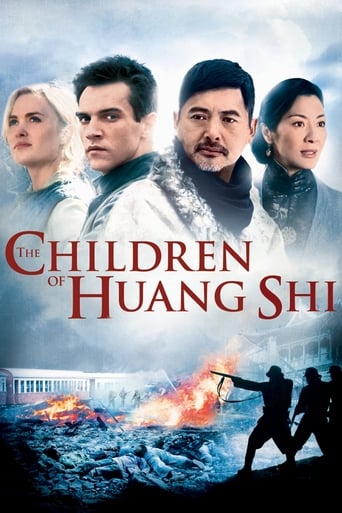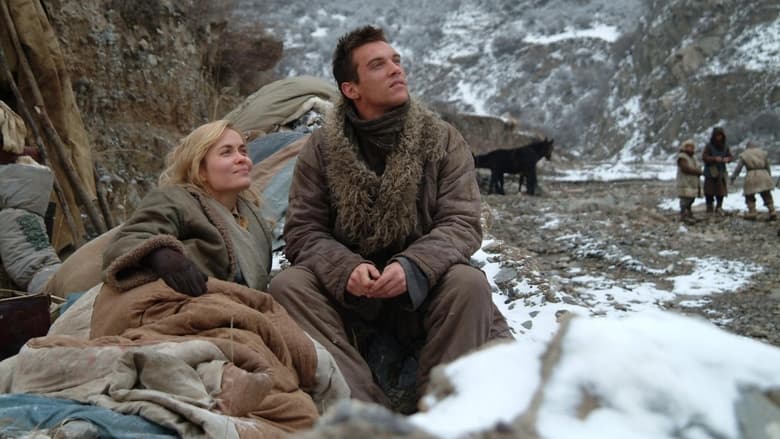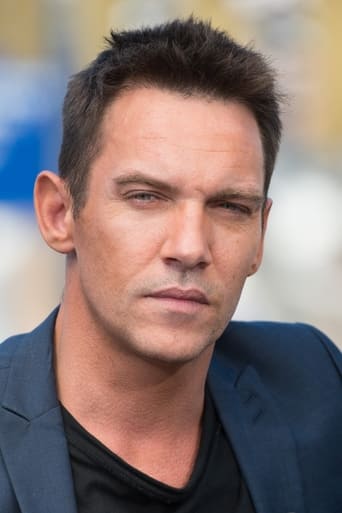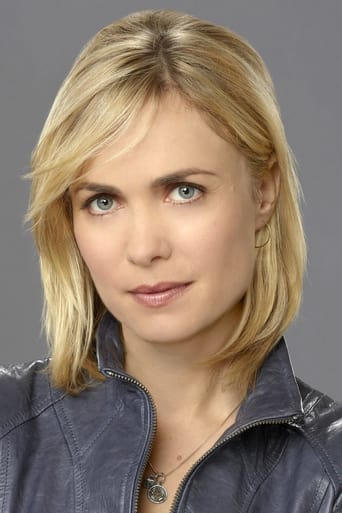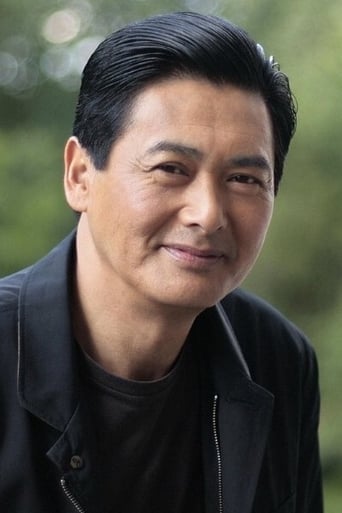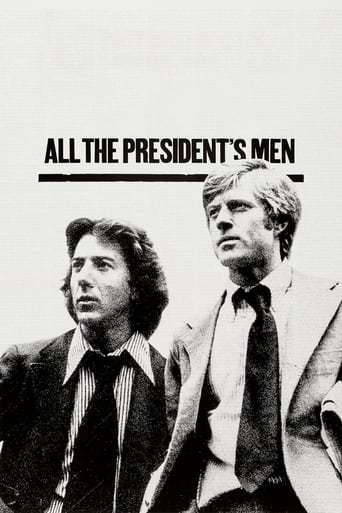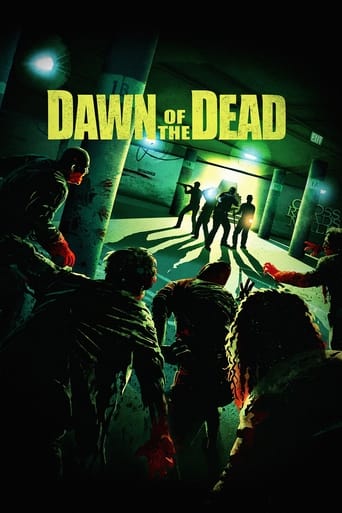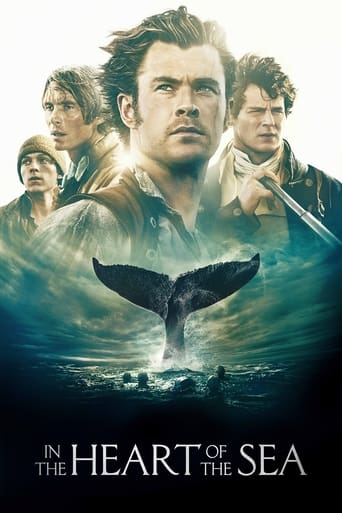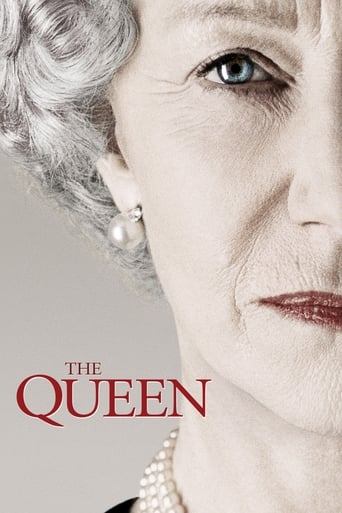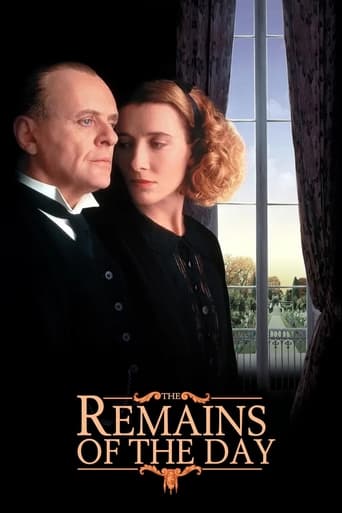The Children of Huang Shi (2008)
About young British journalist, George Hogg, who with the assistance of a courageous Australian nurse, saves a group of orphaned children during the Japanese occupation of China in 1937.
Watch Trailer
Free Trial Channels
Cast


Similar titles
Reviews
Too much of everything
It's funny, it's tense, it features two great performances from two actors and the director expertly creates a web of odd tension where you actually don't know what is happening for the majority of the run time.
Each character in this movie — down to the smallest one — is an individual rather than a type, prone to spontaneous changes of mood and sometimes amusing outbursts of pettiness or ill humor.
The movie turns out to be a little better than the average. Starting from a romantic formula often seen in the cinema, it ends in the most predictable (and somewhat bland) way.
I have given this movie a fairly good mark because it is generally well directed, acted, and beautifully shot. It is also very good entertainment. But it is full of gross historical revisionism which does not do George Hogg full and proper credit and entirely omits the key role of the New Zealander, Rewi Alley, who was behind the orphanage and the leader of the march. So far as I can tell,the 'Australian nurse' with the American accent is a love interest invention and while mostly based upon real events, needlessly distorts history for some minor titillation (no pun intended).I continue to fail to understand while moving and gripping real life stories need to be needlessly tweaked when they more than adequately stand alone.Enjoyable but irritating at the same time if you know the true story.Hogg by the way way, caught tetanus by stubbing his toe playing basketball in a dung ridden surface, not under a broken truck axle. This is just an example of the needless revisionism so common today. The stubbed toe could have been made just as dramatic.
This could have been such a great movie if the makers had not taken so many liberties with a story which neither needs nor deserves it. The story of George Hogg and Rewi Alley, a communist from New Zealand, who saved 60 orphans from the ravages of the Second World War by taking them on a 1,100 km trek across mountainous terrain is truly inspirational. Why Alley, the true leader of the expedition, had to be replaced by an American nurse with a drug problem is anybody's guess. Probably to add romantic interest to the story, because just about the only thing the film makers deem interesting enough during the epic journey across the mountains is the fact the leading man and lady finally hit the sack together. When will they ever learn? Trying to sell this as a 'true' should be punishable by a fine which matches the eventual profits, DVD sales included. Other reviewers have remarked how little attention the actual children get in a movie that is called "Children of Huang Shi", so I won't go into that. All in all 3 stars for the often stunning photography.
Who was George Hogg, really? Do an Internet search and you'll see that his name is variously interpreted as a "footballer," a midshipman on the Titantic, and various unknowns in genealogy charts. But Nie Quangpei, a Chinese orphan whose life Hogg saved, had this to say: "They say there isn't a perfect man in this world, but Hogg was." Nie,now a middleaged tradesman in the PRC, seems to have had more insight into the forging of character than the writers and director (Australian Roger Spottiswoode) of the film. "He changed," says Nie of Hogg's transformation from a raw university graduate to a father figure to 60 boys under extraordinary circumstances. "He became a different man."While the facts are not widely public except to Sinophiles, they are impressive on their face. An English blueblood and Oxford grad, the handsome Hogg (Jonathan Rhys Meyers)tried his hand at journalism in wealthy, up-and-coming Shanghai and could have led the good life for the duration of WWII. Instead he connected with a like-minded benefactor, Rewi Alli, to determine what could be done with orphans and the homeless. After mastering Mandarin he became the headmaster of Shuangshi-pu school, mostly for orphans, in a northwestern province. He made a success of teaching and administering there until fear of the oncoming Japanese invasion convinced him to leave. Managing to cross some 600-700 miles in the dead of winter with children and books on carts, he re-established them in a converted monastery--all with little help and few resources. Though keenly aware of the irony of staying in China while his own country was under threat, Hogg came to terms with who he was and was deeply loved by his charges in the process. Today a statue in his honor stands in his final resting place in Shanan, Gansu.Spottiswoode, though, prefers to go for the blood, sex, and supposedly, the glory. Briefly seen as a journalist at parties in Shanghai, his Hogg finds a way to make it to Nanking to get the perfect story on the Japanese invasion, but while there nearly suffers a beheading when the invaders discover him. (In reality, the Japanese had their hands full with just dispatching locals with guns--the efficient killing method of choice--for the most part ignoring Westerners.) Just in the nick of time, Hogg is saved by a counter-revolutionary (a suave, goatee-bedecked Chow Yun Fat) and a beautiful American nurse, Lee (Australian Radha Mitchell), whose presence in circumstances of extreme personal peril is never entirely explained. But no matter: she is portrayed as the one who convinces Hogg to take shelter in an orphanage, to learn Chinese and otherwise take a breather. As she comes and goes to the orphanage, her existence means a film opportunity for romance, as though Hogg's real-life challenge of adapting to near-starvation conditions and nurturing traumatized children could have been inspiration enough for anyone. A hint of a love triangle also surfaces in the person of a beautiful, exquisitely dressed local merchant of opiates (Michelle Seoh) who will go to any lengths to serve Hogg's cause.History, as documentarian Ken Burns has proved, can be compelling in its own right. It can both stranger than fiction and more powerful, as we see the choices others have made that we do or don't choose to emulate. A decent tribute to Hogg's life would have demanded that his unheralded acts stand in stark relief to the pointless cruelties of war around him. That didn't happen in this movie. His legacy to the weak and unfortunate lives on, most recently in a book published this January in Beijing (Ocean Devil, by James MacManus). And final testimonies at the end of "Children of Huang Shi" from boys saved by Hogg--boys who are now in late middle age--do something to capture the essence of respectful biography but still, not nearly enough. The movie was exquisitely filmed in Chinese and Australian locales at a 40 million budget and unfortunately has grossed only 691,000 as of late July. If history and film could align a little more closely, I like to think that both the audience and box office would have profited.
"The Japanese are not savages," insists George Hogg(Jonathan Rhys Meyers)to a fellow photo-journalist, while from their vehicle, we see refugees traverse the Nanking roadsides and the Japanese soldiers who keep the Chinese capital under siege. Both men find themselves in this foreign land on a mission to substantiate reports about a massacre. When George finds himself separated from his colleague, he witnesses a group of Chinese men and women being gunned down mass execution style. Although "The Children of Huang Shi" doesn't whitewash the violence that went down in Nanking, the filmmaker does temper the killing to a degree, in which ethnic cleansing never becomes the subject of the film. If you're expecting an adaptation of Iris Chang's "The Rape of Nanking", you'll be sorely disappointed. When our story begins, the massacre is over and done with. Since "The Children of Huang Shi" withholds from its audience the number of Chinese people involved in the slaughter, this enables the filmmaker to portray the Japanese as rational people.In one scene, George convinces an army general to call off his troops from searching for weapons at a random check-point. The filmmaker wants us to believe that the Japanese official would care about his soldiers contaminating the sterilized medical supplies meant for the sick and injured Chinese people. This show of clemency is downright laughable. In "The Rape of Nanking", Chang details instances in which women's babies were ripped out of their wombs, young girls being raped, while the city was reduced to rubble, and its people, literally, chopped into pieces. Later in the film, a Japanese soldier discovers the hat of a comrade placed on the head of a Chinese boy. George explains that the orphan found the hat on the ground during their sojourn. Even worse, one of the older boys points his gun at the Japanese contingent. Incredibly, an exchange of gunfire is averted, even though the historical record shows that the Japanese soldier had no qualms about aiming their guns at children.But let's be fair. Along with the HBO documentary "Nanking", the story of Japan's war crimes are finally being told to a western audience. It's about time. Although the orphans don't get enough credit for their own survival, George Hogg is deserving of the accolades that his self-evident heroism brought him. But just in case the audience fails to recognize what this man accomplished, Mrs. Wang, an opium dealer, tells George how wonderful he is. Lee(Radha Mitchell) seconds that emotion. She had her doubts when the nurse assigned George to the orphanage. And then there's the real-life survivors who offer their testimony about his greatness during the closing credits.The film never proves that the Japanese are savages, but Lee was in Nanking during the siege. If the audience knew about the nature of the attack, Lee's disproportionate anger over George's redecorating efforts on her living quarters, which inspires the nurse to storm out of the orphanage, would make this British woman completely insufferable.The less you know about "The Rape of Nanking", the better.

